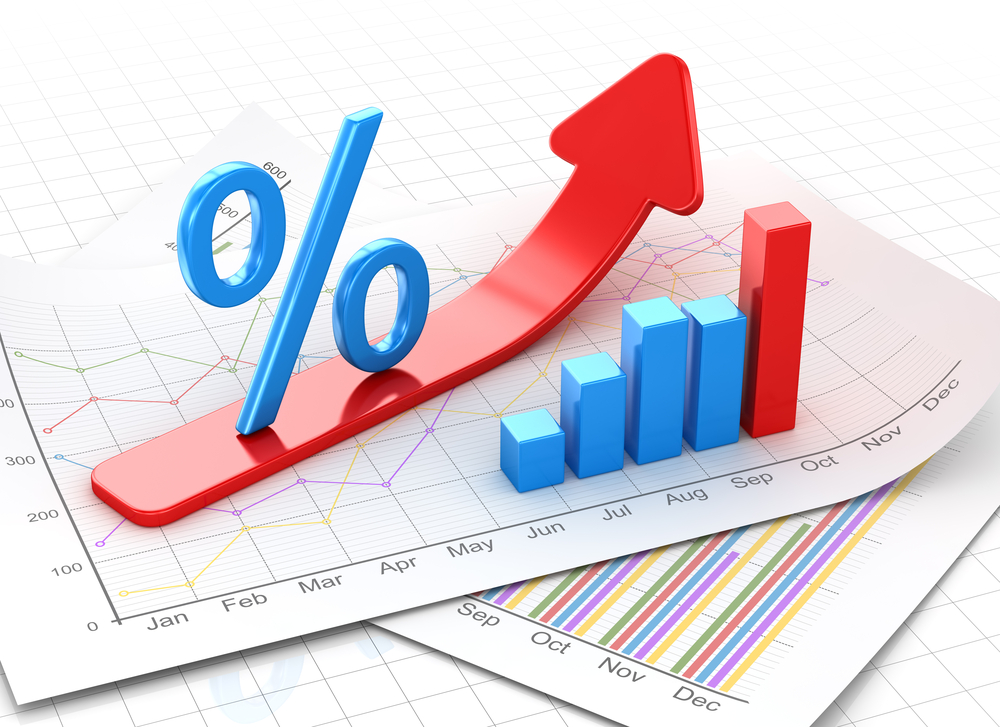MARKETS AND ECONOMY
BREAKING: CBN Holds Interest Rate at 27.50% Amid Signs of Inflation Easing
Published
9 months agoon

The Central Bank of Nigeria (CBN) has voted to retain the Monetary Policy Rate (MPR) at 27.50%, following the conclusion of its landmark 300th Monetary Policy Committee (MPC) meeting held on May 19–20, 2025.
The decision, which aligns with market expectations comes amid early signs of cooling inflation and cautious optimism about the economy’s direction.
Read Also:
According to the MPC’s communique, the decision to hold the key interest rate reflects a consensus among members in favour of maintaining policy stability in the face of persistent domestic uncertainties and global economic headwinds.
“Members weighed the available policy options and were unanimous in their decision,” the statement noted, emphasising that a “hold” stance offers a better window for evaluating near-term macroeconomic trends.
The vote to maintain the status quo comes just after the National Bureau of Statistics (NBS) reported a notable drop in Nigeria’s headline inflation rate to 23.71% in April 2025, down from 33.69% a year earlier. Food inflation also showed improvement, easing to 21.26% in April.
Other supportive indicators included narrowing exchange rate gaps between the official and parallel markets, stable oil prices, easing fuel costs, and a balance of payments surplus of $1.10 billion recorded in Q4 2024. Foreign reserves also improved slightly to $38.90 billion as of May 16, 2025.
Despite these headline gains, some economists have cautioned that the improving numbers do not yet reflect the lived realities of most Nigerians.
Marcel Okeke, financial analyst and CEO of Mascot Consult, noted that “despite the fall in Nigeria’s inflation rate in April 2025, the risks from domestic and external markets do not favour the alteration of current policy rate conditions.”
Indeed, while macro indicators are trending positive, structural issues like high cost of living, weak infrastructure, energy insecurity, and underperforming sectors remain pressing concerns.
Analysts warn that unless complemented by robust fiscal, trade, and investment policies, monetary tightening alone may not translate to real improvements for households or businesses.
Economic analysts at Proshare argue that Nigeria’s current policy approach needs a broader framework to bridge the gap between data-driven optimism and on-the-ground hardship.
“We are seeing disconnects between macroeconomic metrics and quality of life. Monetary policy needs to be supported by targeted fiscal interventions and real sector reforms,” they stated in report.
Meanwhile, calls for monetary easing are gradually resurfacing, as some analysts argue that holding the MPR at 27.50% and maintaining the Cash Reserve Ratio (CRR) for commercial banks at 50% is excessive given the moderating inflation.
These high rates, they say, are stifling credit to the real economy and hindering business growth.
This view is echoed in the work of Professor Aswath Damodaran of NYU’s Stern Business School, who has long questioned the reliability of central bank benchmark rates—such as the Fed funds rate or Nigeria’s MPR—as accurate predictors of lending conditions.
Historical patterns, he notes, show that market-set rates often diverge from policy rates due to broader liquidity dynamics and investor behaviour.
Looking ahead, Proshare analysts suggest that if current trends continue, the CBN may explore policy easing in the second half of 2025. However, such a move will depend heavily on macroeconomic stability, global conditions, and progress on domestic reforms.
Share this:
- Click to share on X (Opens in new window) X
- Click to share on Facebook (Opens in new window) Facebook
- Click to share on WhatsApp (Opens in new window) WhatsApp
- Click to share on Pocket (Opens in new window) Pocket
- Click to share on Telegram (Opens in new window) Telegram
- Click to email a link to a friend (Opens in new window) Email
- Click to share on LinkedIn (Opens in new window) LinkedIn
